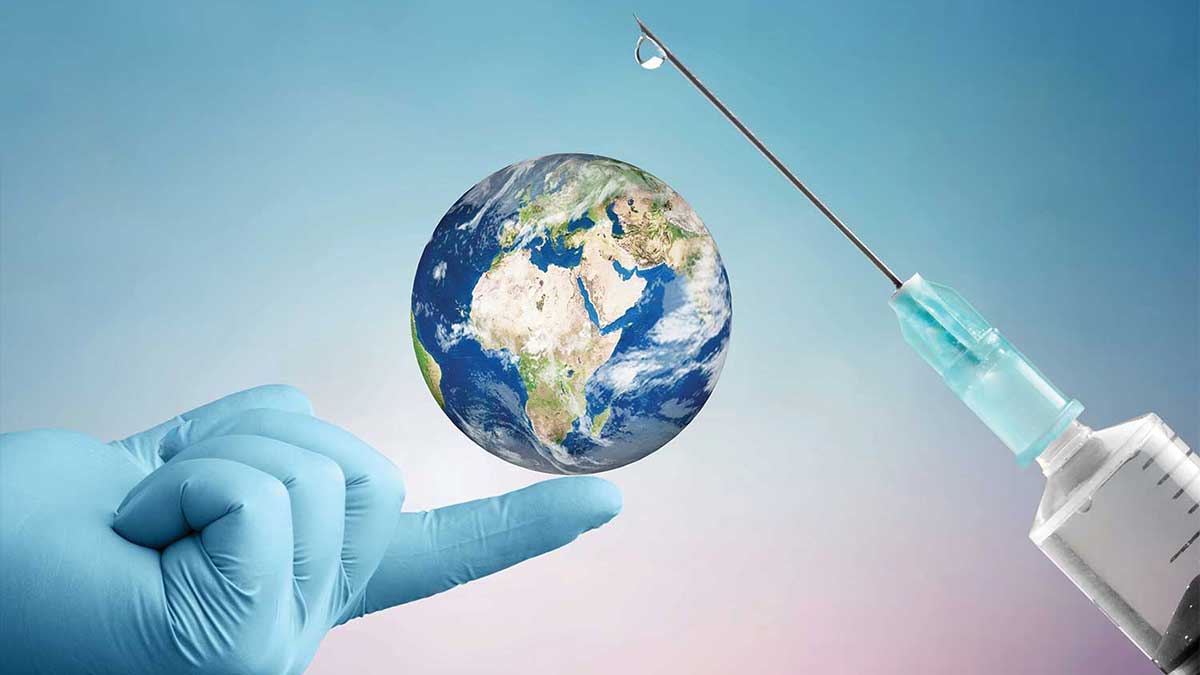The World Bank is going to finance extra Covid jabs for poor nations as it will enable developing countries to purchase Covid-19 vaccines collectively through the Covax facility.
On Monday, the scheme announced that a new World Bank financing mechanism will allow developing countries to purchase extra Covid jabs. The setting up of Covax was to ensure 92 developing territories’ access to coronavirus vaccines to fight the pandemic, with the cost covered by donors.
Moreover, the developing countries would be allowed to buy additional doses on top of the subsidized ones they will already receive via Covax under the new mechanism. Under this facility of using money from the World Bank and other development banks will make advanced purchases from vaccine manufacturers based on aggregated demand across countries.
Read more: As Covid ravages poorer countries, rich nations are springing back to life
Nearly 3.9 billion doses of Covid-19 vaccines have been injected around the world in at least 216 territories, according to a count.
Covax is co-led by the World Health Organization (WHO), the Gavi vaccine alliance and the Coalition for Epidemic Preparedness Innovations.
Covax has so far delivered more than 138 million vaccine doses to 136 participating territories.
Gavi chief executive Seth Berkley said in a statement, the financing mechanism “will allow Covax to unlock extra covid jabs for low- and middle-income countries”
“As we move beyond initial targets and work to support countries’ efforts to protect increasingly large portions of their populations, World Bank financing will help us advance further towards our goal of bringing Covid-19 under control.”
In high-income countries, as defined by the World Bank, 95.4 doses have been administered per 100 inhabitants. That figure stands at just 1.5 doses per 100 people in the 29 lowest-income countries.
According to the World Bank president David Malpass, “Accessing vaccines remains the single greatest challenge that developing countries face in protecting their people from the health, social, and economic impacts of the Covid-19 pandemic,”
“This mechanism will enable new supplies and allow countries to speed up the purchase of vaccines. It will also provide transparency about vaccine availability, prices, and delivery schedules.”





















